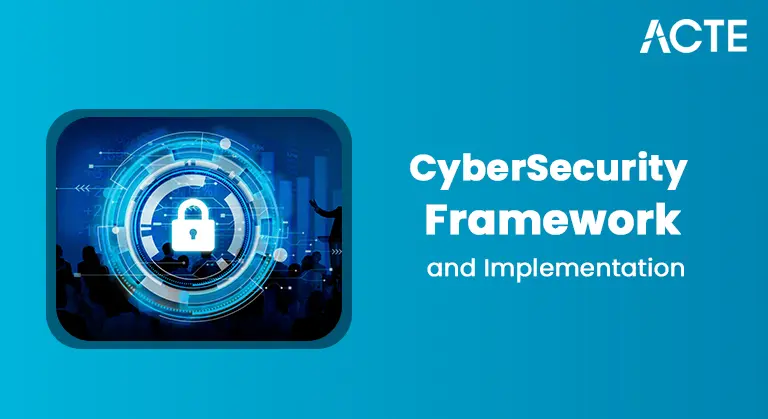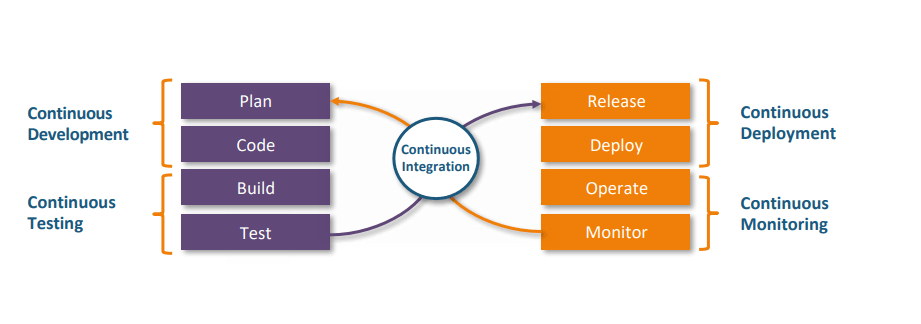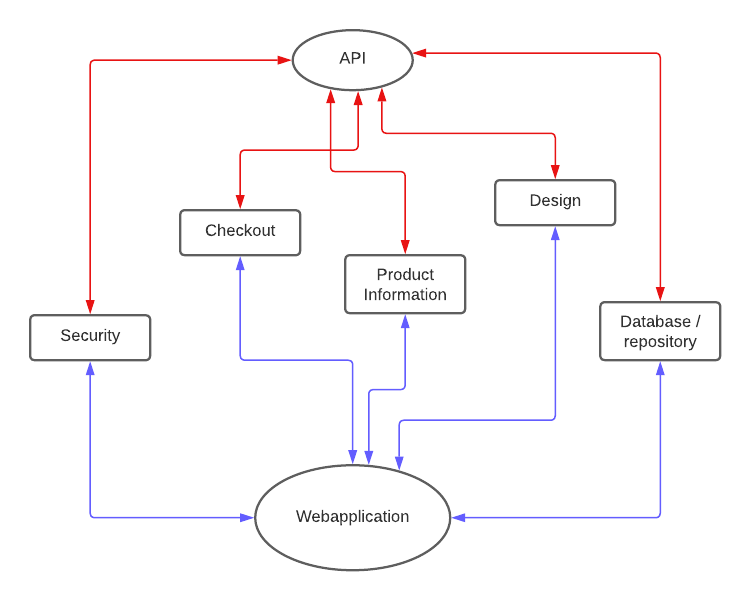
- Introduction to DevOps Career for Freshers
- Importance of Version Control (Git)
- Experience with Cloud Platforms (AWS, Azure)
- Automation and CI/CD Tools (Jenkins, Travis CI)
- Knowledge of Containers and Orchestration (Docker, Kubernetes)
- Soft Skills for DevOps Professionals
- Educational Background and Certifications
- Projects and Hands-on Experience in DevOps
- Conclusion
DevOps is a dynamic field that focuses on automating, integrating, and streamlining software development and IT operations. As a fresher, gaining hands-on experience with CI/CD pipelines, infrastructure as code, and cloud platforms is essential. Knowledge of tools like Docker, Kubernetes, Jenkins, and Terraform can help in building and deploying applications efficiently. Strong problem-solving skills, collaboration, and a keen understanding of automation processes are key to excelling in Devops Training . By continuously learning best practices and working on real-world projects, freshers can enhance their expertise and contribute effectively to fast-paced development environments. A passion for innovation and efficiency is crucial in this field.
Introduction
A DevOps career can be a promising and rewarding journey for freshers. DevOps professionals bridge the gap between software development and IT operations, focusing on automating and optimizing the software delivery process. As the demand for faster software delivery and more reliable systems continues to grow, DevOps has become a critical part of modern IT organizations.
DevOps engineers collaborate with development and operations teams to automate and improve the software development lifecycle (SDLC). They focus on areas such as continuous integration (CI), continuous deployment (CD), infrastructure automation, system monitoring, and application performance.
Why Choose a Career in DevOps?For freshers, the DevOps field offers opportunities to work on cutting-edge technologies and processes. The demand for skilled DevOps professionals is increasing across various industries due to the need for faster software deployment, cost savings, and reliable IT infrastructure. Moreover, Devops offers high salary potential, job security, and career advancement as companies continue adopting agile and DevOps practices.

Importance of Version Control (Git)
Version control is a core principle in DevOps. It allows teams to work collaboratively on software projects, track changes, and manage different versions of the code. The Git version control system is widely used in DevOps environments. Multiple developers can work on the same project without overwriting each other’s changes. Git enables easy branching and merging, allowing DevOps teams to collaborate efficiently. Git allows teams to track every modification made to the codebase. This helps identify bugs and revert changes when necessary. Git integrates with CI/CD pipelines, allowing automated testing, integration, and deployment whenever changes are made to the codebase.Git’s distributed nature means developers can work offline, commit changes locally, and later synchronize with the remote repository.Freshers should familiarize themselves with Git basics, like branching, merging, and resolving conflicts, as these are fundamental tasks in a DevOps role.
Gain in-depth knowledge of Devops Training by joining this Devops Online Training now.
Experience with Cloud Platforms (AWS, Azure)
As more organizations shift their infrastructure to the cloud, familiarity with cloud platforms is a must-have skill for any DevOps professional. Some of the key benefits of cloud platforms include scalability, flexibility, and reduced operational costs.
AWS (Amazon Web Services):- AWS offers a wide range of services, such as EC2 (for virtual servers), S3 (for storage), Lambda (for serverless computing), and RDS (for databases).
- Freshers should focus on learning how to deploy applications on AWS and utilize its DevOps-related tools, such as AWS CodePipeline and AWS CloudFormation, to automate infrastructure. Azure:
- Microsoft Azure is another popular cloud platform for DevOps. It offers similar services to AWS, such as Virtual Machines, Blob Storage, and Azure Advisor for CI/CD pipelines.
- Learning how to work with Azure DevOps services like Azure Repos and Azure Pipelines will be advantageous for freshers. Google Cloud Platform (GCP):
- GCP also provides cloud-based DevOps services.
- While not as widely adopted as AWS or Azure, learning the basics of Google Kubernetes Engine (GKE) and Cloud Build can give freshers an additional skill.
- Docker is the most widely used tool for creating and managing containers. Freshers should learn how to:
- Build and manage Docker images.
- Run containers locally and in Cloud Computing.
- Use Docker Compose for defining multi-container applications. Kubernetes:
- Kubernetes is the go-to tool for container orchestration. It automates container deployment, scaling, and management.
- Understanding Kubernetes architecture, including pods, services, and deployments, is crucial for freshers.
- Learning how to set up and manage a Kubernetes cluster, deploy applications, and manage scaling will be beneficial.
- AWS Certified DevOps Engineer
- Microsoft Certified: Azure DNS Management Expert
- Docker Certified Associate (DCA)
- Certified Kubernetes Administrator (CKA)
Learn how to manage and deploy Devops Training by joining this Devops Online Training today.
Automation and CI/CD Tools (Jenkins, Travis CI)
Automation is a core concept in DevOps. Automating repetitive tasks, such as code integration, testing, deployment, and monitoring, is essential for reducing errors and speeding up software delivery. Jenkins is one of the most popular tools for Continuous Integration (CI) and Continuous Deployment (CD). AWS SWF Scalable Workflow Automation the process of integrating code changes, running tests, and deploying applications. Freshers should learn how to install and configure Jenkins, create build pipelines, and integrate Jenkins with Git repositories for automatic builds. Travis CI is another CI/CD tool, particularly popular in open-source projects. It provides cloud-based CI services that allow developers to automate testing and deployment on platforms like GitHub. Understanding how to configure .travis.yml files and use Travis CI’s integration with GitHub is key to leveraging its features. Other tools worth exploring include Circle CI, GitLab CI, and Bamboo. Familiarity with these tools will give freshers a competitive edge in the job market.
Knowledge of Containers and Orchestration (Docker, Kubernetes)
Containers are becoming an essential part of DevOps. Containers allow developers to package applications along with their dependencies, ensuring that they run consistently across different environments.
Docker:Aspiring to lead in Devops? Enroll in ACTE’s Devops Master Certification Training Course and start your path to success!
Soft Skills for DevOps Professionals
In addition to technical expertise, soft skills play a significant role in the success of DevOps professionals. Here are some important. DevOps involves working with cross-functional teams, including developers, system administrators, and operations teams. Good communication skills help ensure alignment between different teams. Devops Training often encounter challenges related to performance, automation, and system failures. Strong problem-solving skills are crucial for identifying issues and providing effective solutions.DevOps thrives on collaboration. Freshers must be able to work well with others, share knowledge, and collaborate across different teams.The field of DevOps is constantly evolving. Freshers should be adaptable to new tools, practices, and technologies.
Educational Background and Certifications

Educational Background and Certifications
Educational Background:Most professionals have a background in Computer Science, Software Engineering, or related fields. However, freshers from diverse educational backgrounds can transition into DevOps by acquiring the right skills and certifications.
Certifications:Certifications can enhance a fresher’s credibility and demonstrate a commitment to DevOps principles. Some popular DevOps certifications include:
These certifications validate skills in cloud computing, automation, and containerization and make freshers more competitive in the job market.
Preparing for Cloud Computing interviews? Visit our blog for the best Devops Interview Questions and Answers!
Projects and Hands-on Experience in DevOps
Practical, hands-on experience is crucial for freshers aspiring to become DevOps engineers. Building projects and contributing to open-source DevOps projects can help develop real-world skills. Build a CI/CD pipeline using tools like Jenkins or GitLab to automate code integration and deployment. Create a simple application, containerize it using Docker, and deploy it using Kubernetes. Use Terraform or AWS Cloud Formation to automate the provisioning of cloud infrastructure. Contributing to open-source projects on GitHub, participating in hackathons, or setting up your projects on cloud platforms can also provide valuable hands-on experience.
Conclusion
For freshers, breaking into the DevOps career can be challenging but highly rewarding. By focusing on acquiring the right technical skills, gaining certifications, and building hands-on experience, freshers can successfully embark on their DevOps journey. With the increasing adoption of DevOps across industries, there’s no better time to start a career in this field.Learning key tools like Docker, Kubernetes, and Jenkins can give freshers an edge in the job market. Devops Training experience through internships, personal projects, and open-source contributions can strengthen their resume. Networking with professionals and joining DevOps communities can provide valuable insights and job opportunities. Consistent learning and staying updated with industry trends will help freshers grow and succeed in their DevOps careers.





